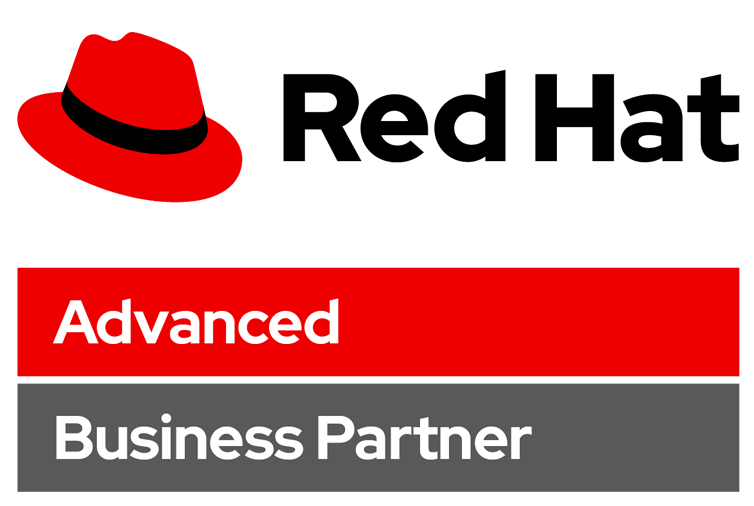Understand how to accelerate DevOps with Red Hat OpenShift Containers
Previous Perception
The focus of DevOps discussions usually were on breaking down the wall between developers and operations. The thought was always that if developers didn’t just toss their new applications over to operations and run away, the world of IT would be a better place. That was how operations viewed the state of affairs mostly.

Why a modern platform?
Optimizing development processes and cloud-native applications is often best done on a modern platform. You might need to scale-out architectures to meet highly elastic service requirements. Application designs with significant scale-up components simply aren’t able to accommodate shifting capacity needs. Or may simply not be able to scale up as far as they need to go.
Modern platforms are software-defined because software functions, such as network function virtualization and software-defined storage, are much more flexible than when the same functions are embedded in hardware.
As large monolithic applications can be fragile and can’t be updated quickly modern applications are composed of loosely-coupled services. The modern container platform enables iterative software development and deployment in part because modern applications are often short-lived and require frequent refreshes and replacements.
What is DevOps and how is it addressing the modern digital business?

Immediate access to information across multiple channels has resulted in an era of fast-paced, user driven demand and the need for greater speed in delivering products and services. Together, these things have led to the emergence of DevOps practices as a key way to accelerate digital business innovation. Modern application platforms based on container technology and microservices are critical to DevOps practices, helping deliver secure and innovative software services at the speed of digital business.
What are Containers?
Containers began as another way to partition a system, a lightweight alternative to hardware virtualization. But transforming containers into a way to package applications is what made them broadly interesting. By providing an image that also contains an application’s dependencies, a container can be made into a packaging construct that is portable and consistent as it moves from development, to testing, and finally to production. Management and orchestration can get tricky when using more and more containers and containerized apps, broken down into hundreds of pieces,. Eventually, you need to take a step back and group containers to deliver services.
How do you implement DevOps with Red Hat OpenShift Containers?
Red Hat® OpenShift
This helps development and IT operations teams modernize existing enterprise applications and deliver new applications by accelerating development and delivery processes. It is built on proven open source technologies including Linux® containers and Kubernetes.

Linux containers allow the packaging and isolation of applications with their entire runtime environment. Because they help reduce conflicts between the development and operations teams by separating areas of responsibility, containers are an essential part of DevOps. Kubernetes, an open source project and part of Cloud-Native Computing Foundation (CNCF), is the industry standard for orchestrating Linux containers.

Red Hat OpenShift Features

Want to Know More ?
If you are interested to learn more, IPSR in association with Red Hat is conducting a webinar on the 16 Feb 2018 with information on this subject of DevOps and OpenShift Containers. You can click https://www.ipsr.edu.in/webinar-feb/index.html to register and attend it for free.








